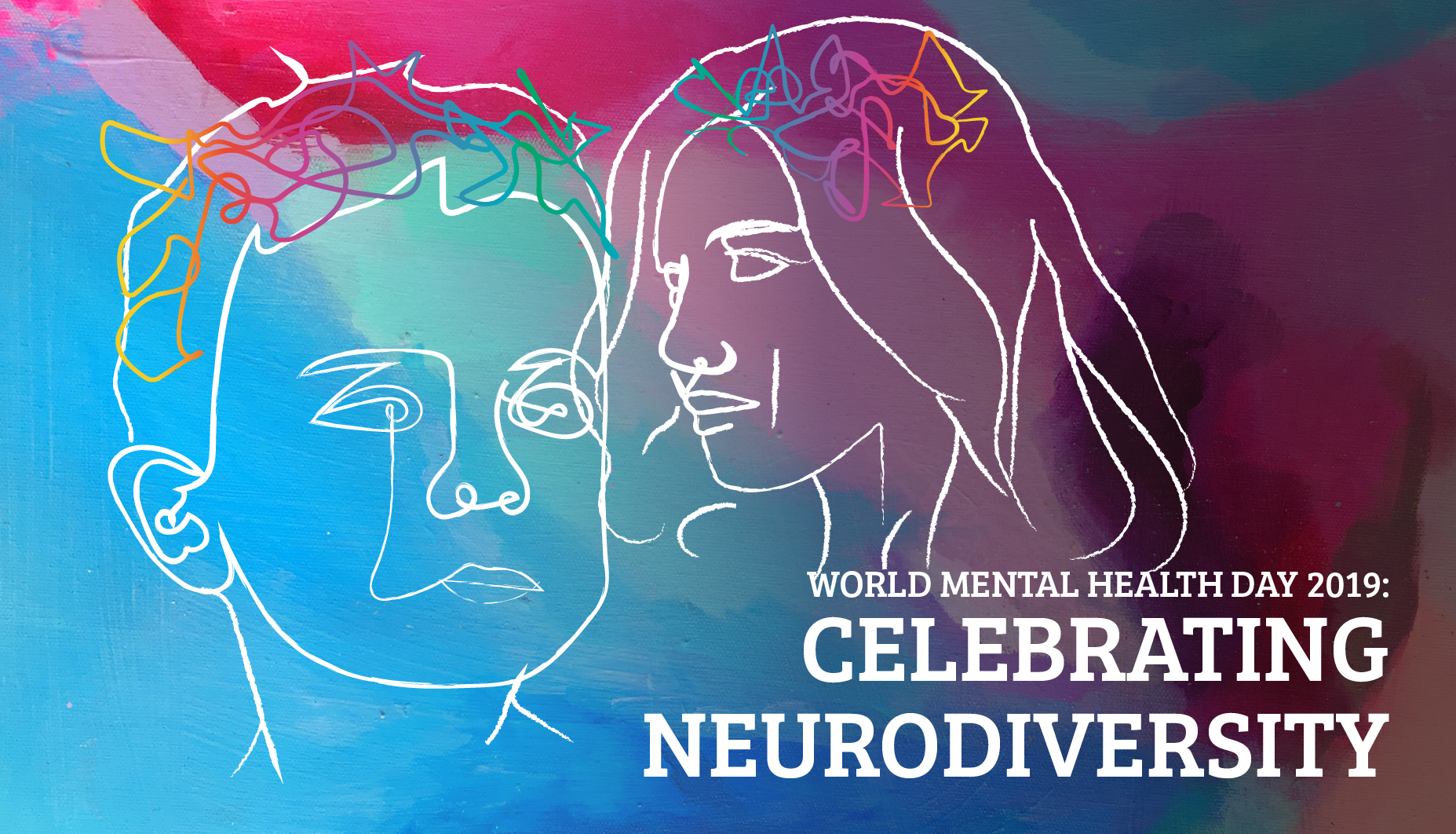Celebrating Neurodiversity on World Mental Health Day 2019
/3 Top Tips for Emotional Wellbeing And How to Support Dyslexic Children
Neurodiversity is a new buzzword, particularly in business - and rightly so.
The high level of talents associated with non-typical thinking and operating styles give companies a greater chance of staying at the top of their game.
Unless though, we manage (1) to recognise the profile of people with this particular set of sensitivities, and (2) improve the way we support them, everyone loses out. Talented people are left to flounder, their valuable potential under-utilised, and most importantly their mental wellbeing severely compromised.
The heightened sensitivities that give creative people their edge, also make them the canaries in the coal mine. They feel stress sooner than others.
Neurodiversity refers to those whose greater than average creative sensitivities are simultaneously accompanied by a greater than average set of difficulties. Look out for a certain symmetry in these extremes. Talents can manifest in art, design, communication, technology, and so on.
Think also of the high numbers of entrepreneurs among this population. The difficulties too are varied and can encompass poor concentration, chaotic organisation and/or time management or inconsistent communication skills. The health warning: lack of understanding and poor support of neurodiversity, can lead to severe stress and mental illness.
3 Top Tips
As I write this, World Mental Health Day 2019 is coming up, so let’s use this as an opportunity to raise our awareness of neurodiversity – in others and in ourselves, perhaps. When we get impatient with chaos, poor listening or other shortcomings in ourselves and others, let’s not point the finger and dismiss, but stop instead, and wonder whether there is not more to this turmoil than meets the eye. Might it be related to talents somewhere on the creative continuum?
Here are 3 helpful things we can do, to significantly help creative people calm down. A less agitated brain immediately frees up space to think more clearly and feel more in control. Everyone will benefit from that.
1. Validate their experience
When we acknowledge someone by showing that we have noticed their struggle, effort and intention (irrespective of the outcome) they will automatically calm down. Recognition fosters a sense of safety.
2. Validate their qualities
Neurodiverse people can easily lose touch with their qualities and particular talents. Once we shine a torch on their resources we help bring them into being. We all benefit from being reminded of our qualities every now and then.
3. Validate their need for freedom that comes from autonomy
For much of the time the neurodiverse population is asked to function on terms other than their own. Little account is taken of how they learn and create. All the more important then, that they have periods in the day that they are not accountable to anyone. Their sanity depends on it. Encourage them to get things done in their own way. As long as the required goals are reached, we are always more motivated if we can deliver the goods in ways that suit us best.
By looking out for each other and embracing (ourselves and) others completely – talents as well as imperfections – creativity can flourish.
Supporting Neurodiversity in Children
In spite of all the understanding now available about our different learning styles and calls for inclusivity, we are still a long way off from properly accommodating neurodiverse children in school.
In my recent interview with family therapist Miriam Chachamu, I discuss how to support dyslexic children in ways that will strengthen their emotional wellbeing and resilience.
You can watch the video here:
It is high time to reassess our educational system which is still too focussed and biased towards the learning style of some and thereby disqualifying large numbers whose talents and learning styles differ from the norm.
By raising our awareness and making room for difference, every community will be healthier and enriched.
About Renée
Renée van der Vloodt ( M.A. , FHGI ) is a psychotherapist and coach – and has had a private practice for over 20 years, which is now based in Woodchurch (near Ashford), Kent. She also works with people around the world via online sessions.
Renée works with children and adults as a coach and therapist to help them overcome life's challenges and emotional difficulties including stress, burnout, anxiety, depression, post-traumatic stress disorder (PTSD), anger or addictive behaviour.
Renée is a regular contributor to Breathe Magazine and the author of the CD Calm the Chaos of the Creative Mind.










